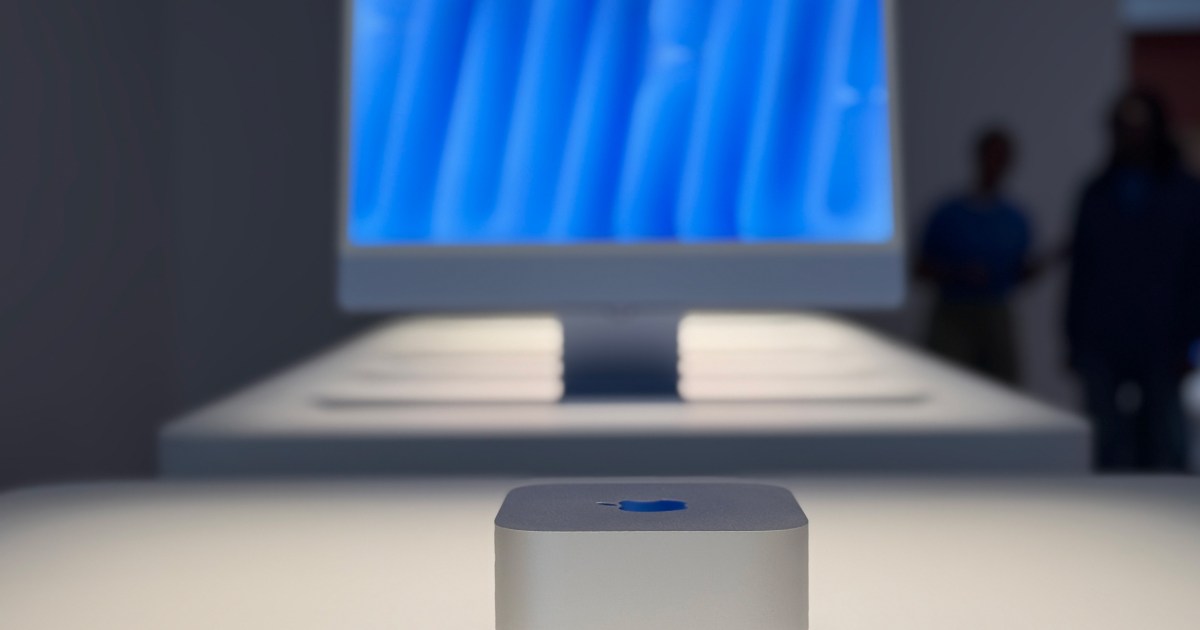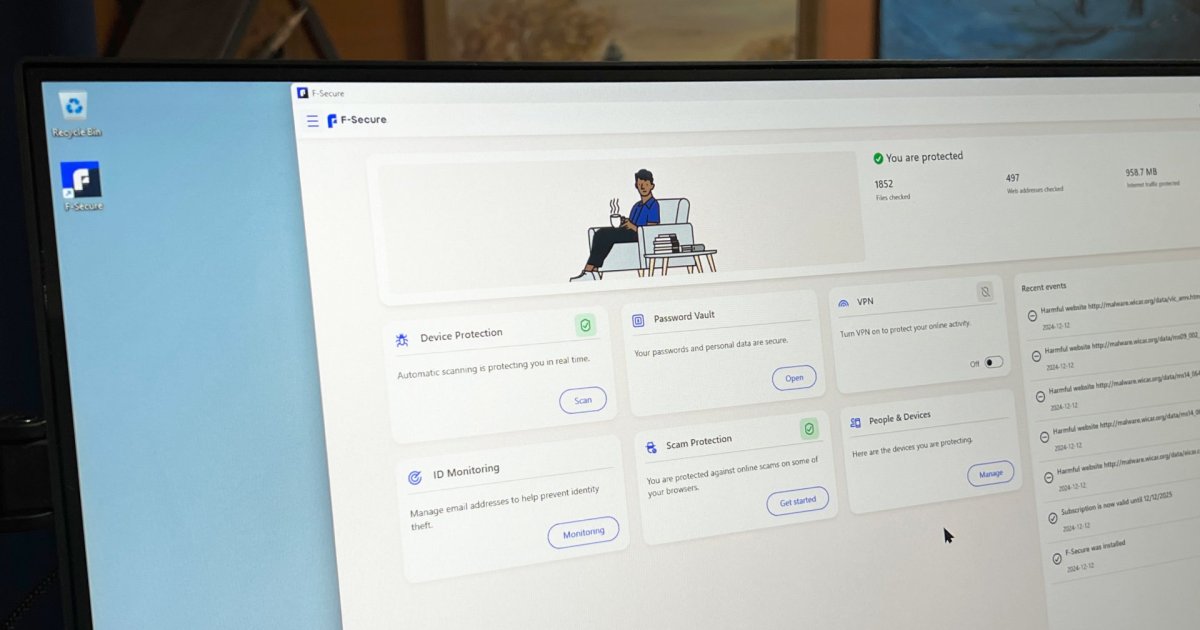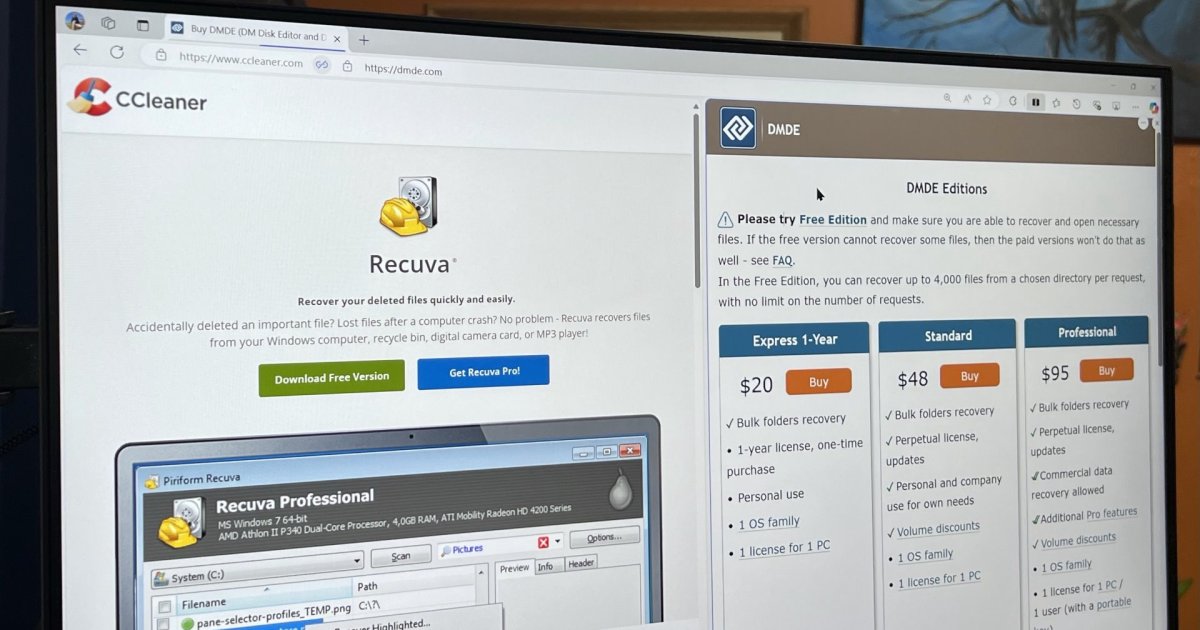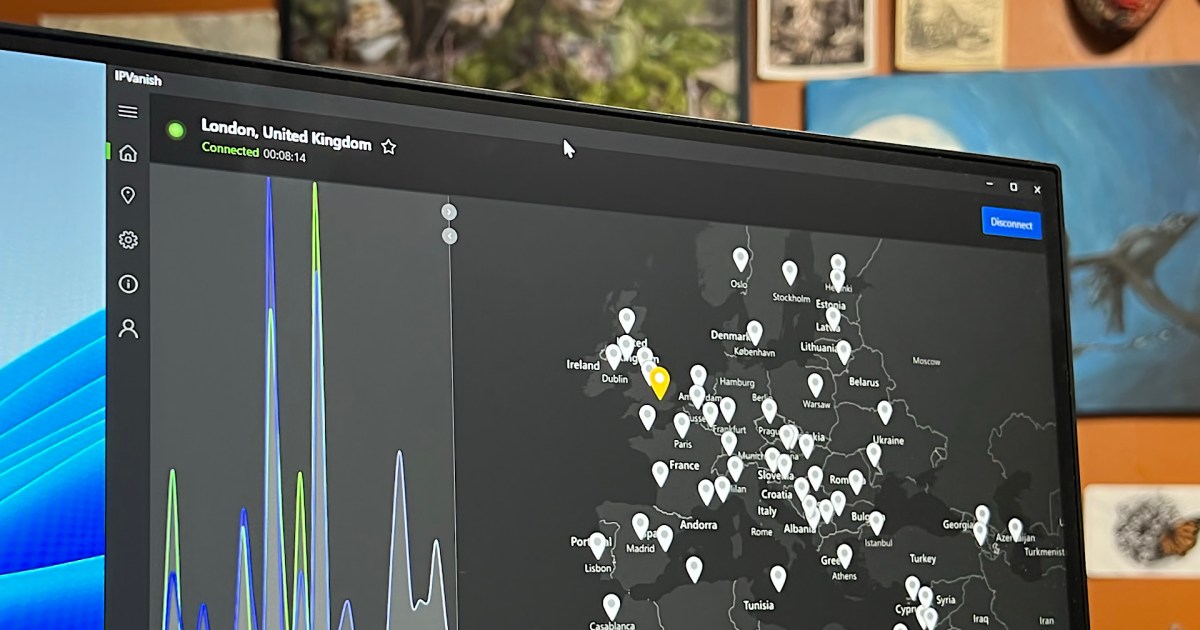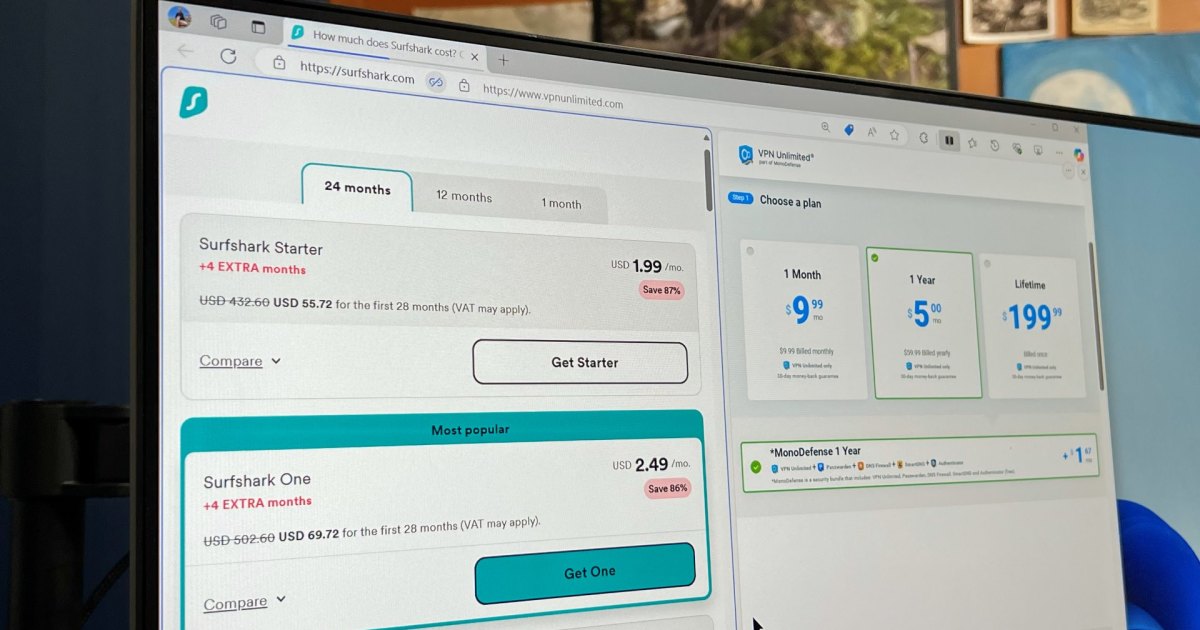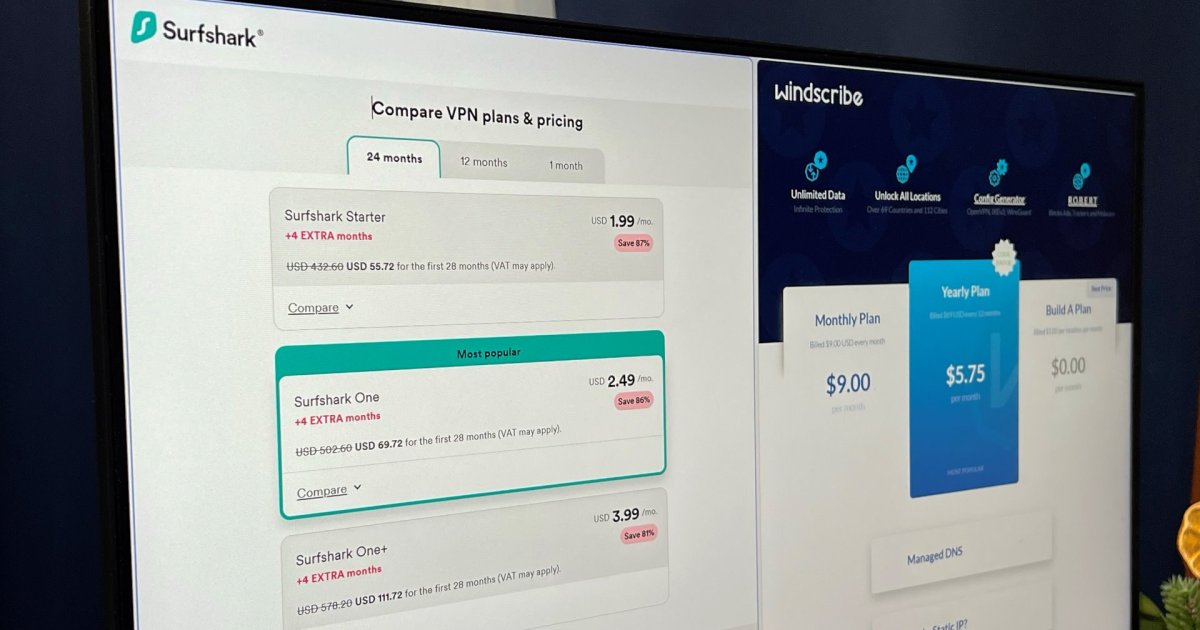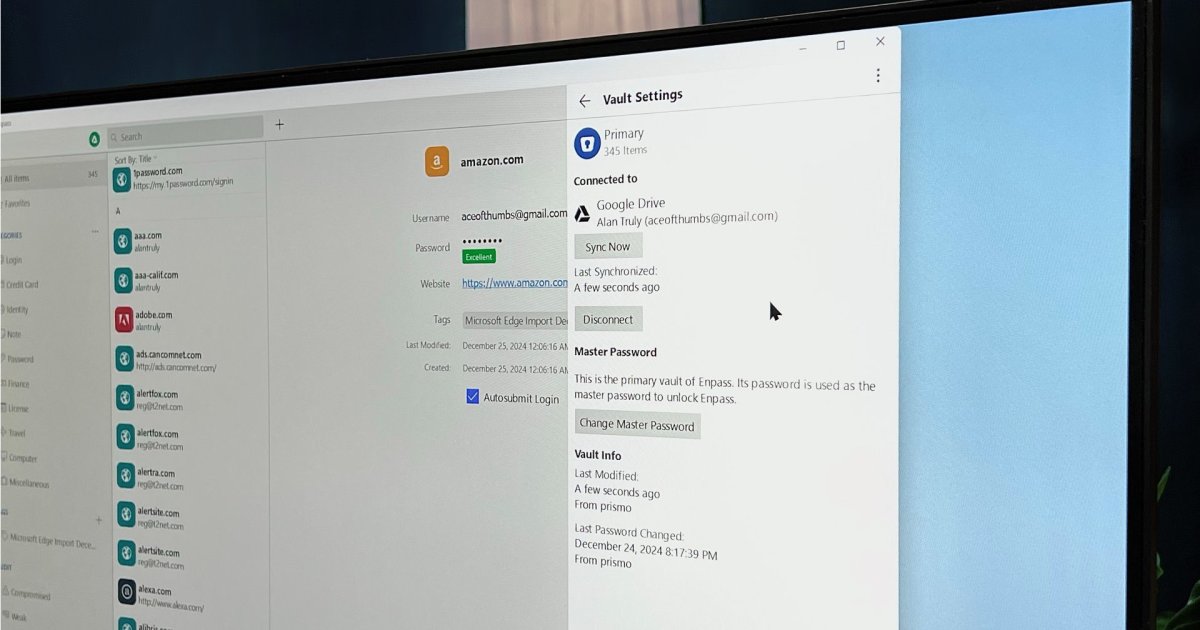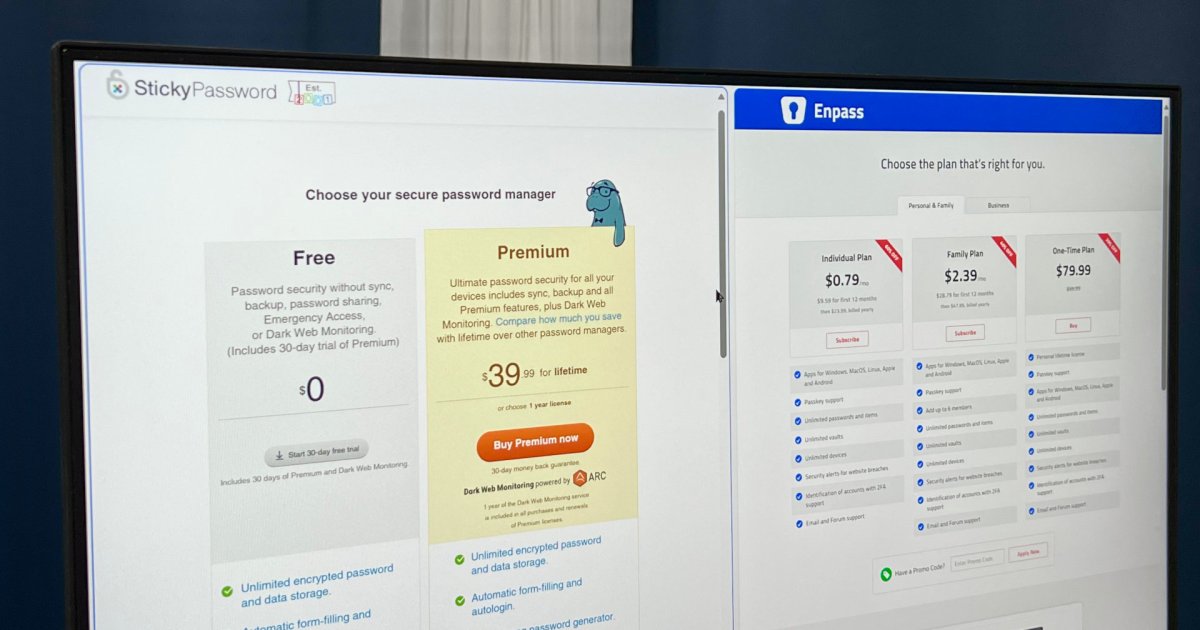The ongoing debate between Windows and macOS users continues, with each side touting the benefits of their preferred operating system. For many, the ideal scenario involves utilizing both, capitalizing on the strengths of each platform. However, the release of the M4 Mac mini has sparked a reevaluation of this dual-OS approach, presenting a compelling case for a full transition to macOS.
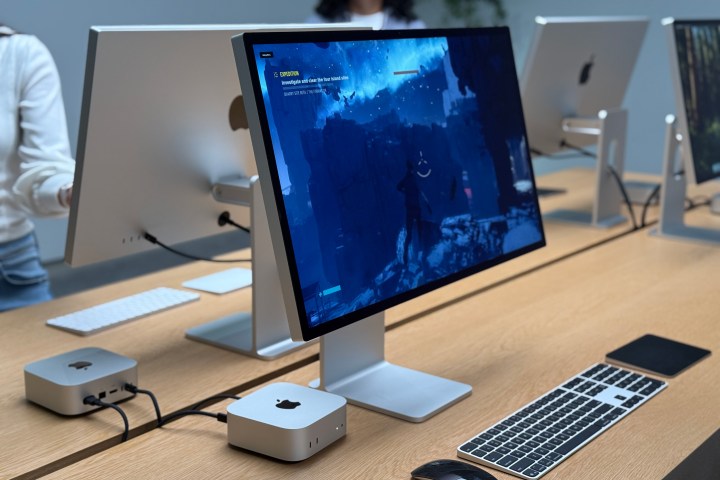 Mac Mini with M4Image: The sleek and compact M4 Mac mini offers a compelling alternative to a traditional Windows PC.
Mac Mini with M4Image: The sleek and compact M4 Mac mini offers a compelling alternative to a traditional Windows PC.
The prospect of simplifying a dual-OS workflow is enticing. Juggling different operating systems, keyboard shortcuts, and file-sharing methods can be a daily frustration. Windows, despite its ubiquity, often presents users with a litany of minor annoyances, ranging from application crashes to inexplicable system behaviors. These quirks, while sometimes tolerable, can disrupt workflow and detract from the overall user experience.
macOS, in contrast, offers a smoother, more consistent experience. Apple’s “it just works” philosophy, while often dismissed as marketing jargon, holds true in this context. The relative stability and lack of frustrating bugs present a stark contrast to the Windows experience. Switching to a single ecosystem streamlines tasks like file sharing, allowing for seamless integration with features like AirDrop. Furthermore, the availability of high-quality Mac-exclusive applications expands creative possibilities.
Gaming on a Mac: A Viable Option?
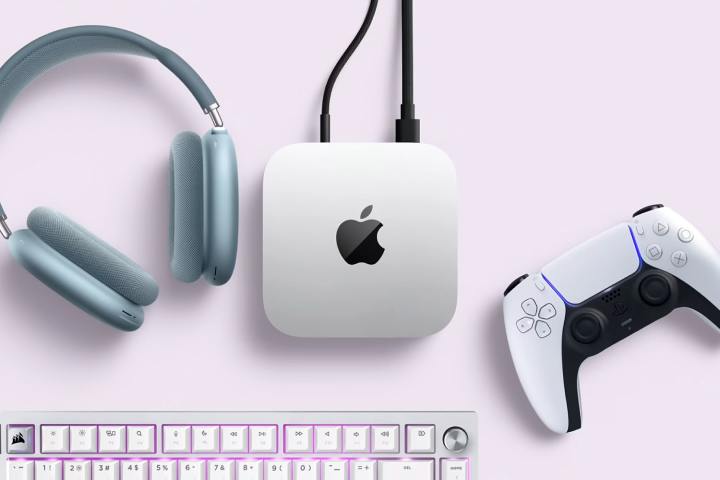 The M4 Mac mini on a desk.Image: The M4 Mac mini is capable of handling a surprising number of games, blurring the lines between traditional gaming PCs and Macs.
The M4 Mac mini on a desk.Image: The M4 Mac mini is capable of handling a surprising number of games, blurring the lines between traditional gaming PCs and Macs.
Historically, gaming has been the primary deterrent for users considering a switch to Mac. The PC’s dominance in terms of graphics processing power and game compatibility has been undeniable. However, the M4 Mac mini, with its impressive performance comparable to an Nvidia RTX 4060, challenges this long-held assumption. While a dedicated gaming PC with an RTX 3070 might offer a slight edge in raw power, the M4 Pro proves more than adequate for many popular titles.
Games like Stardew Valley and Football Manager, which prioritize gameplay over graphical fidelity, run flawlessly on the M4 Pro. Even graphically demanding titles like Baldur’s Gate 3 and Cyberpunk 2077 are now available on Mac and perform admirably on the M4 Pro. While the long-term viability of the M4 Pro for future, more demanding games remains to be seen, its current capabilities are impressive.
Weighing the Costs and Benefits
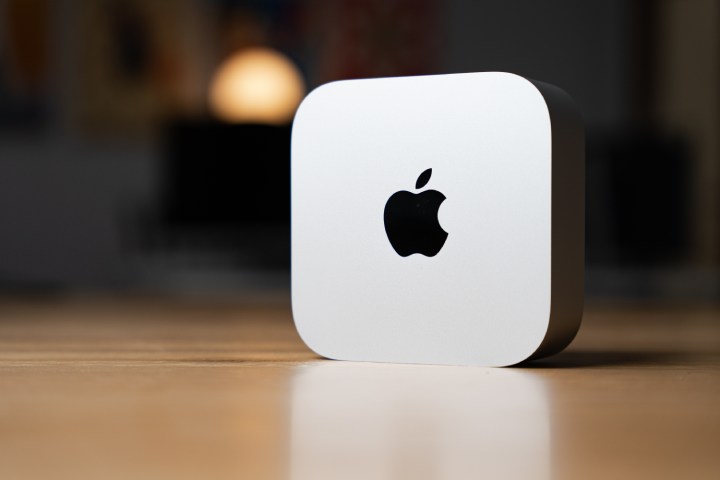 The Mac mini up on its side on a desk.Image: The Mac mini’s compact design belies its impressive performance, but the cost of entry can be a significant factor.
The Mac mini up on its side on a desk.Image: The Mac mini’s compact design belies its impressive performance, but the cost of entry can be a significant factor.
Transitioning to macOS isn’t without its drawbacks. The allure of custom PC building, a cherished pastime for many, is absent in the Apple ecosystem. The Mac mini, while compact and powerful, lacks the customization options available to PC enthusiasts. Furthermore, the Mac mini’s power button placement can be an inconvenience for users who prefer to fully power down their machines regularly.
However, these drawbacks are relatively minor. The benefits of a unified ecosystem, combined with Apple’s growing commitment to gaming, significantly outweigh the limitations. The primary hurdle, as always with Apple products, is the price. A fully configured Mac mini, with ample storage, a powerful M4 Pro chip, and sufficient RAM, can be a substantial investment.
The decision to switch to a Mac mini ultimately depends on individual priorities. For those seeking a streamlined, reliable, and increasingly game-capable ecosystem, the Mac mini presents a compelling alternative to a traditional Windows PC. While the price tag might be steep, the benefits of a unified and enjoyable user experience might well justify the cost.



